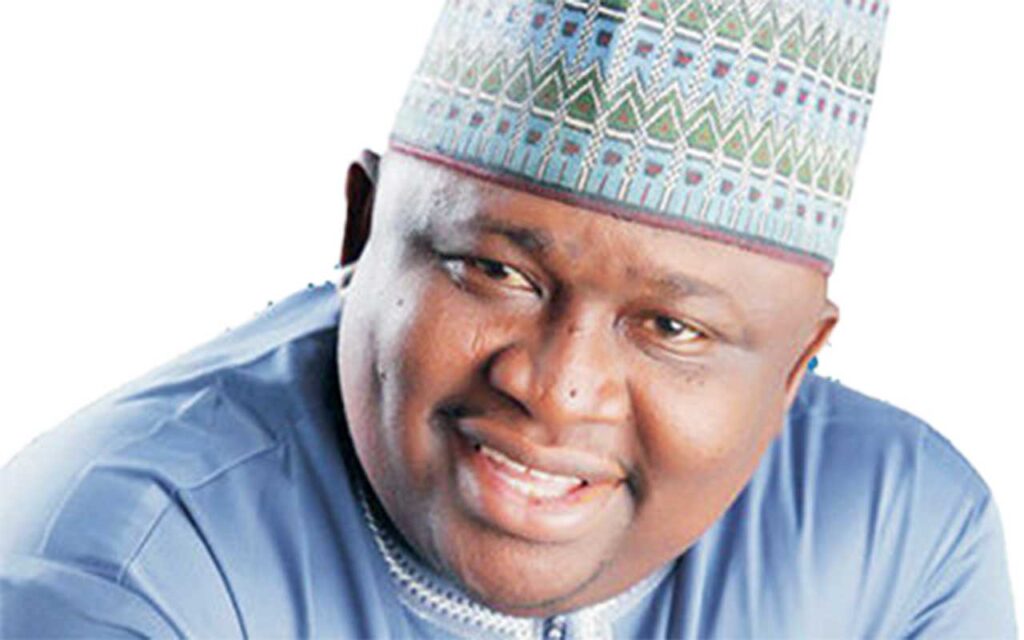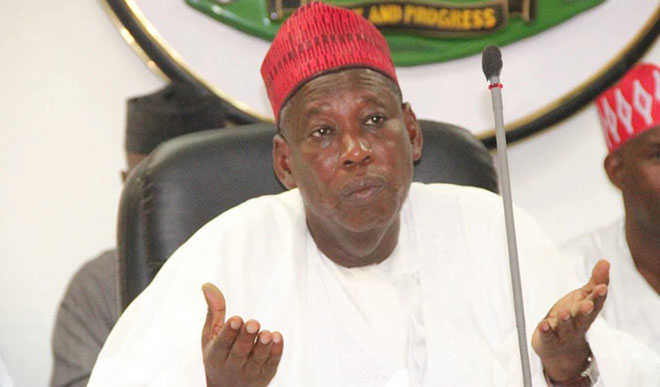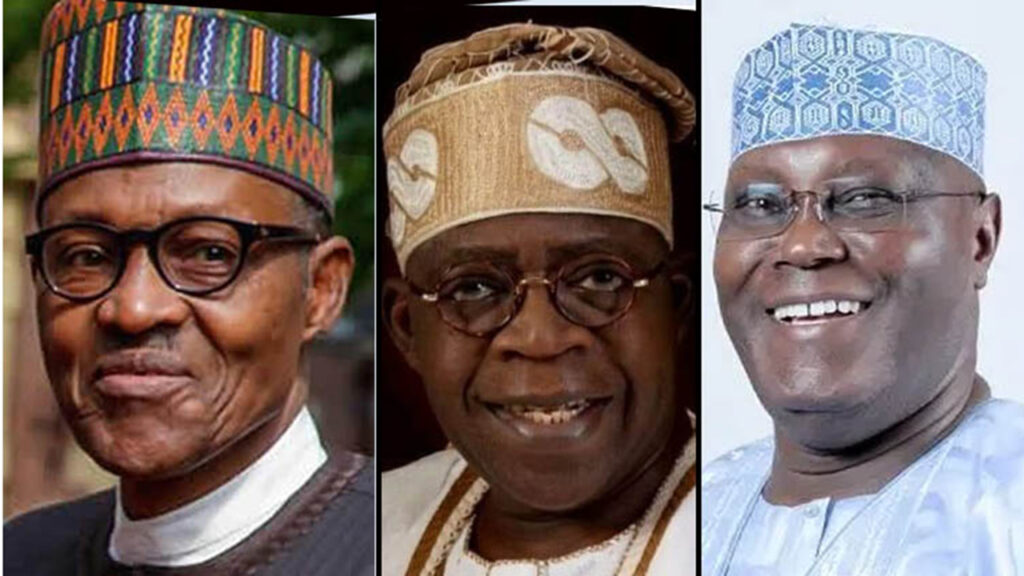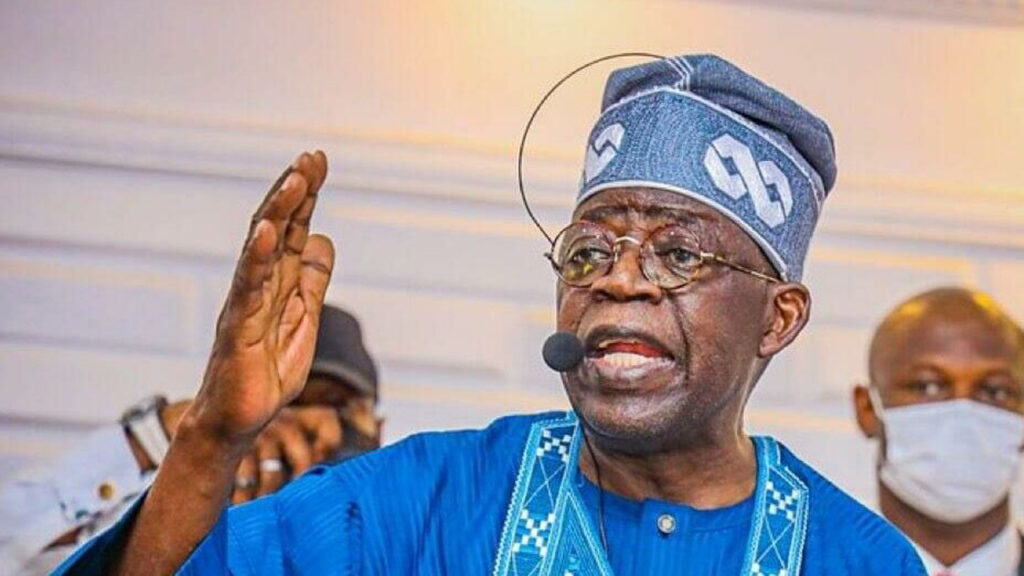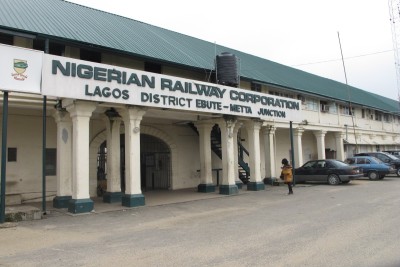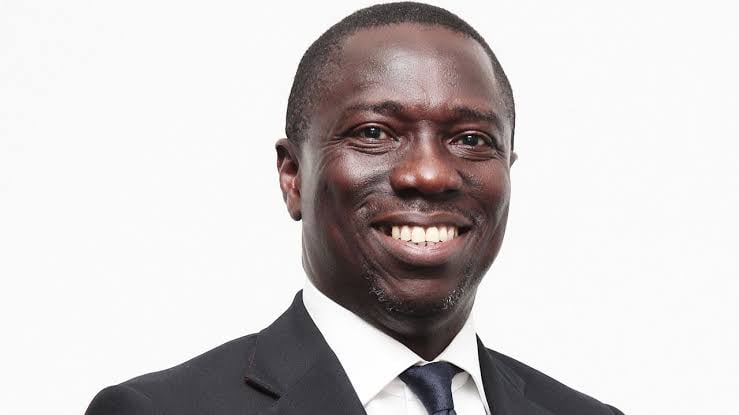
Having has been at the policymaking and implementation level in the governance of Delta State for a while, what should be the next set of activities to move the state forward?
To answer this question, it is necessary to give you a little background about Delta State. As you are aware, Delta State was created in 1991, just eight years before the present democratic dispensation, and it inherited severe infrastructural deficits across virtually all sectors.
The challenge of previous administrations, from Chief James Ibori, Dr Emmanuel Uduaghan to Governor Ifeanyi Okowa, has been to address the deficits in capital development. The process started small with a budget level of about N6b in 1999, barely enough to pay salaries until we grew it to about N60bn in 2003. There was the need to put more concrete structures in place for the proper housing of the seat of government and its various institutions. There was the need to connect the riverine communities to the upland, having been disconnected for decades. This led to the construction of the Omadina Bridge, the Bomadi Bridge, Aboh Bridge and the provision of link roads to various communities under Chief James Ibori.
Dr Uduaghan saw the need to construct the Asaba Airport to provide a gateway to the state capital, contributed to providing infrastructure and amenities in various social sectors and initiated the Delta Beyond Oil agenda.
His Excellency, Governor Ifeanyi Okowa, intensified the provision of roads to link various communities and has pursued human capital development and empowerment with the job and wealth creation programme, especially for youths and graduates. These administrations have had to respond to the different deficits we inherited.
For example, Governor Okowa has just completed the new State Secretariat to more effectively house the state public service institutions almost 29 years after the creation of the state. This is because there was a paucity of funds to meet a plethora of needs. But, society evolves, and leadership has to advance innovative strategies to tackle present challenges and lay stronger foundations for a sustainable future. This simply requires that we modernise our approach to governance for better delivery of the hopes, dreams and expectations of the people. So, while still tackling capital development challenges, we need to lay innovative foundations to guarantee future growth and stability. This is the perspective we need to bring to the government of Delta State.
You are associated with the idea of the Delta Modernisation Agenda. What does it entail? It means a more innovative approach to governance and public service delivery. What our people need is a higher standard of living and better quality of life. This can only be fulfilled by creating a robust economic system with greater and more sustainable platforms for jobs and wealth creation, and functional social infrastructure.
In my view, we cannot achieve a robust state economy without industrialisation. Industrialisation means we have to begin to de-emphasise our reliance on allocations from oil, diversify our economic base by leveraging our various natural, mineral and human resources and migrate our production capacity from subsistence to processing, manufacturing and greater commerce. But, we cannot achieve sustainable industrialisation without a deep and effective partnership with the private sector to provide the needed investment funds. We cannot attract the private sector if we can’t guarantee an adequate and efficient power supply. We cannot sustain investors’ confidence if we cannot guarantee security against external and internal threats across communities. Even the small, medium scale businesses and the informal sector need these and various institutional supports to thrive. This all shows that government has to think in new ways and has to have a more integrated approach to development.
For the government to deliver on this, it also needs to have a more modern public service by deploying new technologies, improving and creating new expertise and introducing innovations for more efficient service delivery across all sectors. Our educational institutions, for instance, should not just continue to run on old and, sometimes redundant, curricula. We must aspire to provide more qualitative, globally relevant and functional education to connect our graduates with the industries they are meant to work in. This means we must establish a synergy between education and industry, and the private sector must be involved to support the required processes. It means the systems and methods of teaching will have to be upgraded with greater application of technology and digitisation. The same will apply to healthcare delivery, security, transportation, housing, infrastructure etc. They all have to be connected and, through technology, we can scientifically reduce and, if possible, eliminate the margins of error so that government service to the people will run systematically and seamlessly. This is what we mean by modernising Delta.
As a development economist, what can you point to as your addition to state development?
It is difficult for me to choose. However, increasing the state budget from N6b in 1999 to over N60b by 2003 and upwards from there to effectively jump-start the capital development of the state was a considerable achievement. Leading the Commissioners of Finance of Niger Delta states to fight and actualise the payment of 13% Derivation was a colossal feat. Commencing the computerisation of our financial management system and the digitisation of the state public service institutions with the E-Delta project is something to be pleased about.
I think initiating the Presidential Amnesty Programme, which brought relative peace to the Niger Delta region, restored our nation’s oil production capacity and delivered the training of hitherto militant youths in different professional skills, is something to be proud of. More recently, I have chaired committees for the delivery of different initiatives. Chairing the committee for establishing the Asaba 8.5MW Independent Power Plant, which provides 24 hours electricity for all government offices, hospitals and the airport, is particularly noteworthy. There were financial challenges when one was tasked to think outside the box to provide funds for various government projects. There appears to be some opposition to your desire to play big in the next government of the state. Why so?
I really wouldn’t know for sure because I’ve heard a few reasons, which all seem very inconsequential and sound like grouses of those who seem to have a chip on their shoulders. None have questioned my academic background or experience.
However, Winston Churchill once said, “If you don’t have any enemies in life, you have never stood up for anything.” This quote seems apt in the current circumstances. Notwithstanding, I am confident that most Deltans widely accept that I am good for the job. Many who are used to old ways and benefited from the chaotic systems of the past are afraid of innovation and modernisation. Still, I am counting on the best judgment of the leadership of our party, our various party chieftains across the state, the delegates and, ultimately, the electorate, to decide on ensuring that only the best is good enough for Delta State, to consolidate and improve on the legacies of Governor Okowa.
Some accused you of not empowering anybody when you had the chance?
While as Commissioner of Finance, I reformed the payment processing system such that it gave little or no room for influence. You didn’t have to see me in person or know me to get your documents processed for payment. I insisted that everybody be treated equally. I introduced the Cash Budget System to only embark on projects we were sure we could pay for. That way, we controlled government indebtedness. Financial management requires strictness. If you bend the rules to please individuals, that is a recipe for system collapse, and the state would be distressed. It is a calling to high responsibility. I imagine that those who were used to compromising and choking the system did not like the reforms I introduced, and they are the ones who raise all forms of propaganda about my strictness. I, however, feel vindicated by the fact that after serving under Chief Ibori, Governor Okowa, who was my colleague in the cabinet, saw reason also to ask me to work for his government as Commissioner of Finance and later Chief of Staff. He clearly saw something valuable in my approach to service.
It is perhaps for the same reasons that President Umaru Yar’adua appointed me as his Principal Secretary to co-ordinate his government policies and programmes and manage the administration of the Presidential Villa. On empowerment of people, suffice it to note that I am not one to go about advertising or publishing or televising what I do personally for anybody. Eating corn and akara by the roadside for populism is simply not my style. There are personal things that I prefer to do quietly. Empowerment has to be properly defined or redefined. As Commissioner of Finance, I raised the state budget from N6b to N60b to ensure greater capital development of the state for the benefit of the people. I feel that empowered more people. When I fought for 13% derivation and initiated the Presidential Amnesty Programme to bring peace to the Niger Delta, provide professional skills for our youth and restore the nation’s oil output, I feel that empowered the people more and better. My attitude to empowerment as a politician and administrator is to initiate, pursue and deliver programmes and projects that benefit many people, collectively, without reducing their dignity or subjecting them to my whims. That is how government officials work in developed climes and that is what I have done through the years and through the various offices I have been called to serve in. There are thousands, perhaps millions, of people who have been empowered through projects and programmes that I initiated or helped my bosses deliver without their knowledge that I worked for them. I see it as a duty that does not have to be personalised.
The general economy looks gloomy and the people are looking for leaders with capacity, no more trying and error.
As they say, each generation has to discover its mission and either fulfil or betray it. It is a matter of responsibility. I have worked in various capacities as a development economist and administrator, both outside and within the country and the state. I have been opportune to learn from great leaders like Chief Ibori, President Yar’adua etc, and big multinational development corporations. I have supported and supervised projects in various parts of the world. I understand the development challenges across various districts and communities in Delta State. I know the potential for growth and what is required to make them manifest for the development of the state. I have the experience, contact and clout to navigate and pilot the state. I, therefore, consider it incumbent on me to bring all these to bear on the development of my state. I envision a state with a more robust economy, greater opportunities for jobs and wealth creation for more prosperous, healthier and happier people, and I want to lead us to that state.
What models of development should Deltans expect from you; more of politics or less of it?
Politics is only a means to acquire power but governance is about managing resources for the development of the people. It is often a tragedy for society to have politicians who can do anything to attain power but do not understand development economics. So, after achieving power, they cannot run the state, and they get confused or lost in the challenges.
I guess we are living with such on a larger scale. But take a different example. Once, this country was burdened with international debts such that successive governments could not achieve economic growth nor infrastructural upgrade, nor diversify our economic base. It took our sister, Dr Ngozi Okonjo-Iweala, to discharge that debt and set the nation free. Drawing from her expertise and experience, she knew what to do and how to do it. We probably should have built on that to redirect our economy away from debt.
Still, the present Federal Government has taken us back to before Dr Okonjo-Iweala’s intervention. We don’t want that to happen to us in Delta State. Governor Okowa has steered the ship reasonably well. Still, the future challenges are even more enormous, especially with the vagaries of the global oil economy on which we depend significantly. It behoves us to temper politics with good reason, to ensure that his successor can pilot the state with good knowledge of the times and in innovative ways. This is what happened in Edo State and, more recently, Anambra State. It should be no different in Delta State.
I would want to say to Deltans that 2023 is not only an election. It is a moment of decision, such as will determine our lives, the economy, the development, growth of our state and the fortunes of our people, perhaps, for the next half a century. Whatever choice we make now determines our future because options have consequences. We must therefore be ready to act above perceived, induced, or false fears and such other medieval sentiments like tribalism to make the best choice in the overall interest of the development of our state, not only to elevate our present but to guarantee a greater future for our children. If you want things better, do things differently.




